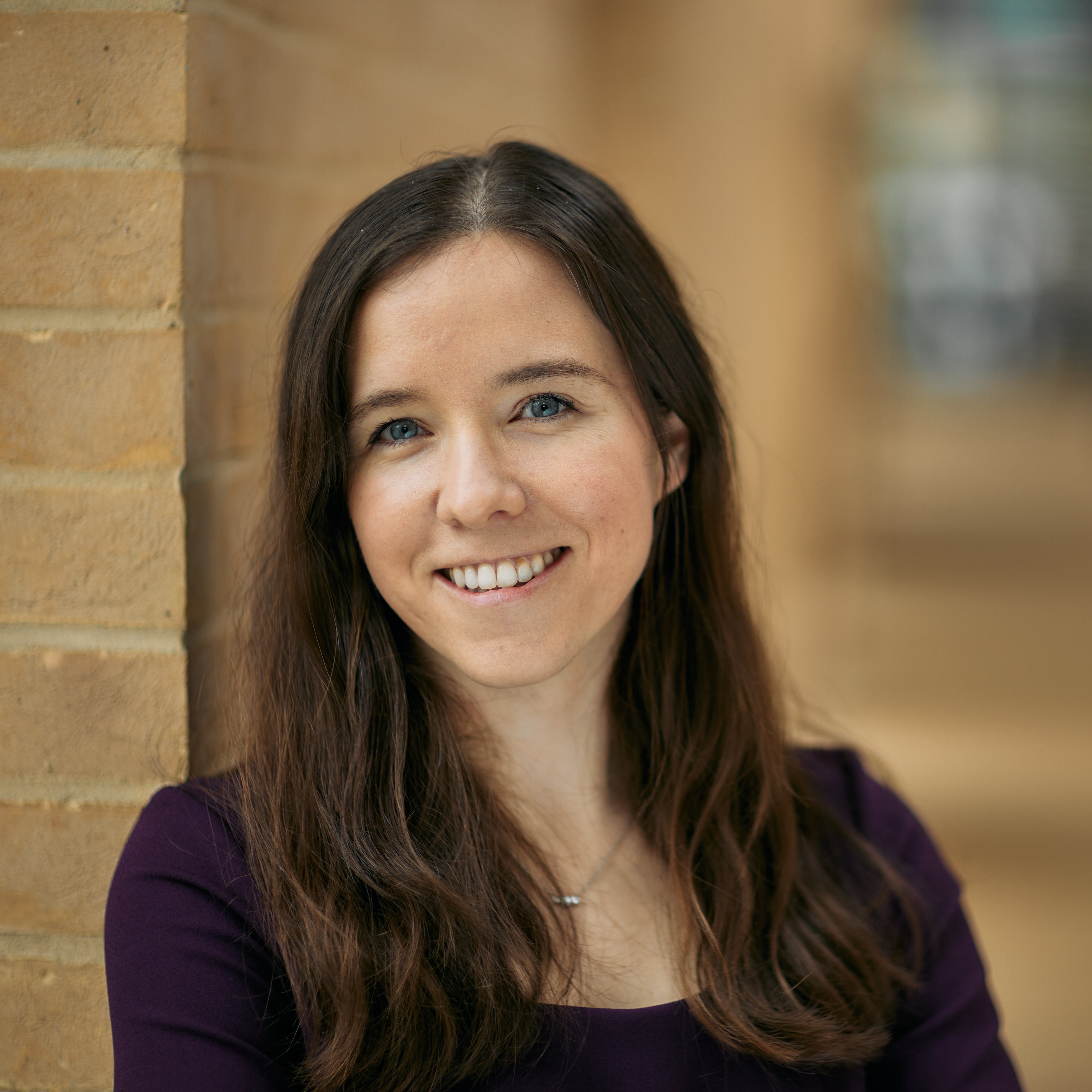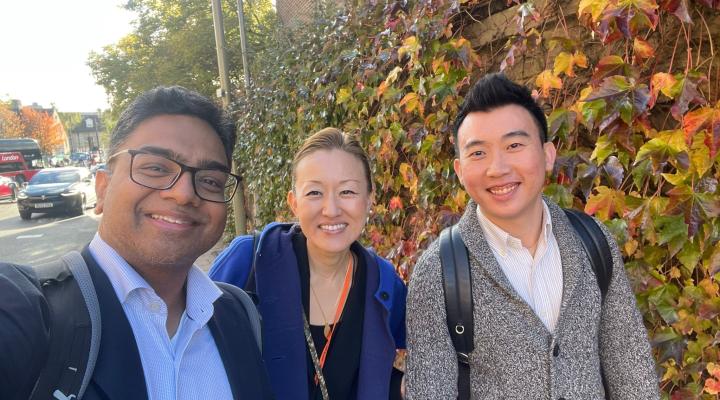Imagine your granddaughter’s granddaughter. She is the same age as you. She is holding her own daughter in her arms. What kind of world will that little girl find? How would you like her to remember you?
While sitting in (yet another) climate finance conference recently, delegates were asked what their hopes for the future were and one man said, ‘that there will be a world for my children’s children’. The organizers jotted down some actionable items over the course of the next few days and attendees left the Manhattan skyscraper to return to their daily lives, with some perhaps feeling like just by being there, they had, in some small way, played their part. This exemplifies the conundrum we face in trying to make headway with the climate crisis: we now understand the existential threat of climate change, but our individual agency seems dwarfed in comparison to the problems at hand. We are left feeling paralyzed instead of energized into action.
Honestly, many days I agree with this sentiment; I struggle to see a world that even exists for my granddaughter’s granddaughter. What I see is exhaustion from business and political leaders in my networks who have been working tirelessly against the status quo for decades, and who are now turning to our generation and saying, ‘here, take the reins’. This is at a time when the complexity and seriousness of the global problems we face seem all-consuming, yet collective willpower and solutions seem ever-evading.
I am envious of people who hold a brighter vision of the future. How can large parts of our economy, society and systems continue day-by-day as if we have all the time in the world? How can we keep living as though there are no consequences attached to our indifference? The reality is that when we consider the current course of climate change and the accompanying social, economic and geopolitical threats, the world my granddaughter’s granddaughter will inherit is not one that I would be proud to have had a part in creating.
Our pace of progress when it comes to the key existential threats that we face is disastrously slow and it is challenging not to be consumed by this pessimistic reality. Thankfully, the Oxford Executive MBA program has provided a regular reprieve from this pessimism over the last year; while in Oxford, it is impossible not to feel the limitless possibilities that a place like this affords, including new energy, persistent innovation, a sense of global citizenship and responsibility… and an impatient quest for solutions. Oxford is also a place of extreme abundance; of wealth, resources, power, and privilege. The launchpad for solutions that could tangibly change the world’s trajectory could, and arguably should, originate from institutions like this one. Yet even here, I sometimes question where the urgency, resources and willpower are and why we are not moving with the persistence – and insistence – that this problem deserves?
Thankfully there are occasionally brighter days. On these days, like today, as I sit on a bench overlooking the Radcliffe Camera, I can clearly picture my granddaughter’s granddaughter. She is wearing a crisp white dress twirling around in the middle of the bright green lawn of Exeter College’s Fellows Garden, a brilliant blue sky above her, the new blossoms of spring emerging below her, the epitome of uninhibited joy.
The world I see for my granddaughter’s granddaughter on these brighter days is vividly green; it is one where resources are stewarded for generations to come with the understanding that everything in the world is finite, including life itself. We genuinely and frequently connect with one another face-to-face; we care about each other and our earth; we feel a sense of collective obligation to one another and to our natural surroundings; we willingly share the resources we each have and the wealth we generate. We understand when enough is truly enough.
This future is one where the absolute abundance and limitless possibilities of places like Oxford are not just available to an elite few, but widely accessible to the many. A future where all children regardless of circumstance, ethnicity, gender or geography realize that anything that is possible in life is indeed possible for them, too.
I would like my daughters and their daughters for generations to come to remember me as someone who gave her absolute all to try to make the world a greener, kinder, more prosperous and equitable place for them.
I would like these brighter days, where optimism outweighs pessimism, to get more and more frequent, rather than less, and for the world to finally, collectively, realize just how much is at risk if we continue down our current trajectory. We know that it is only through the cooperative action of people currently in positions of power and privilege, people like us in places like Oxford, that any future exists at all. If thinking about the destruction of our existing reality isn’t enough to spur collective action, surely envisioning the uncertain future of our children and their children must be?
I want my granddaughter’s granddaughter to dance on the greenest of grass, to breath the cleanest air, to strive for a future for her own grandchildren that ensures that no one is left behind as she continues to build a sustainable world. And perhaps one day, she will talk about how her grandmother’s grandmother’s generation halted the destruction of the planet and made the world a fairer, healthier, happier place to be, for her generation and many more to come.





